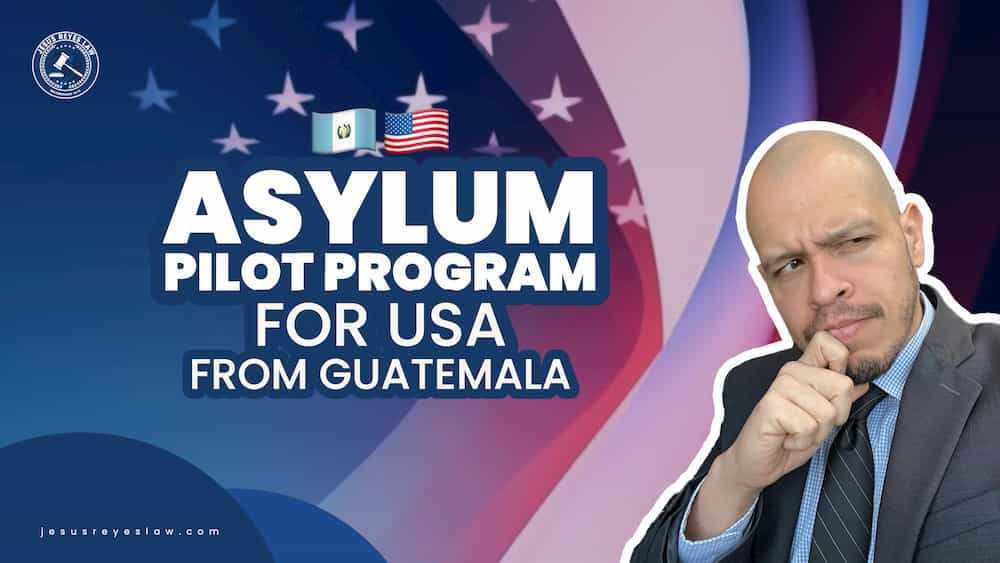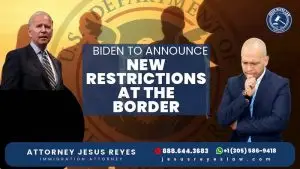The Safe Mobility Program, a pioneering initiative between the governments of the United States and Guatemala, was launched with the aim of discouraging irregular migration from Central America. However, it has started with difficulties and certain skepticism from both migrants and activists.
The program seeks to process asylum, family reunification, and visa applications online through its website, which is managed by the U.S. government, the International Organization for Migration (IOM), and the UN Refugee Agency (UNHCR).
Once the online application is submitted, the applicant’s eligibility is reviewed, information is provided about regular migration options, and a date is assigned for the interested party to attend an appointment at the Centers for Attention to Migrants and Refugees (Capmir). These centers are located in various regions of Guatemala, including Petén, Quetzaltenango, San Marcos, Quiché, and Huehuetenango.
Despite the promising objectives of the program, the start has been marked by several problems. For example, the Capmir located in Quetzaltenango does not yet have the physical conditions or the necessary staff to attend to the program’s applicants.
In addition, the program has generated skepticism among migrants and activists. One of the concerns is that the program may be inaccessible to many potential migrants, as those interested must be 18 years old, have a valid email, a valid phone number or an international data plan, a stable internet connection, and the ability to provide digital photos and scanned copies of identity documents such as passports and ID cards.
The Safe Mobility Program is part of a broader effort to address irregular migration and expand legal pathways for migration. This initiative arises after a phone call between U.S. Vice President Kamala Harris and Guatemalan President Alejandro Giammattei, where they committed to taking a series of critical steps to humanely reduce irregular migration.
However, the implementation of this program is still early and faces a number of challenges. The lack of resources at the care centers and the technological barriers can make it difficult for many migrants to access the program. As this six-month pilot program moves forward, it will be crucial to monitor and address these problems to ensure that it can fulfill its goal of providing a safe and legal pathway for those seeking asylum.










